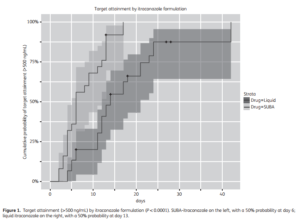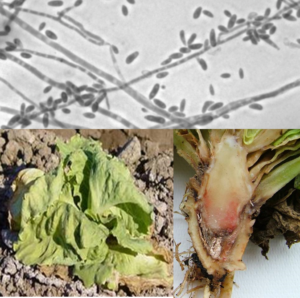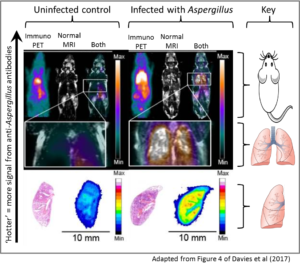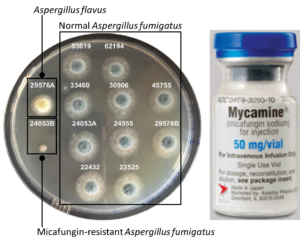Submitted by Aspergillus Administrator on 18 November 2014
Could there be a new form of antibiotic? Scientists have identified a new substance with antibiotic tendencies. Typical antibiotics are non-protein organic compounds, but this new substance has been found to be a protein called copsin.
Copsin has been isolated from a common inky cap mushroom Coprinopsis cinerea, a fungus that grows on horse dung. Research found that copsin was the protein that enabled the fungus to kill certain bacteria. They have currently found that copsin is a very stable protein. It is resistant to exposure to protein degrading enzymes and high temperatures for several hours. It acts by inhibiting reproduction of the bacteria by binding to an essential building block in the wall of bacteria. Further investigations into the protein aim to discover what possible uses copsin can provide.
One thought is it could help discover how fungi use this ability to resist bacteria without having the issue of resistance, a major problem with today’s antibiotics. Uses of copsin have also been suggested in the food industry.
Original article: ETH Zurich.”New antibiotic in mushroom that grows on horse dung.” ScienceDaily.ScienceDaily, 7 November 2014.<>.
News archives
Showing 10 posts of 953 posts found.
-
Title
Date











